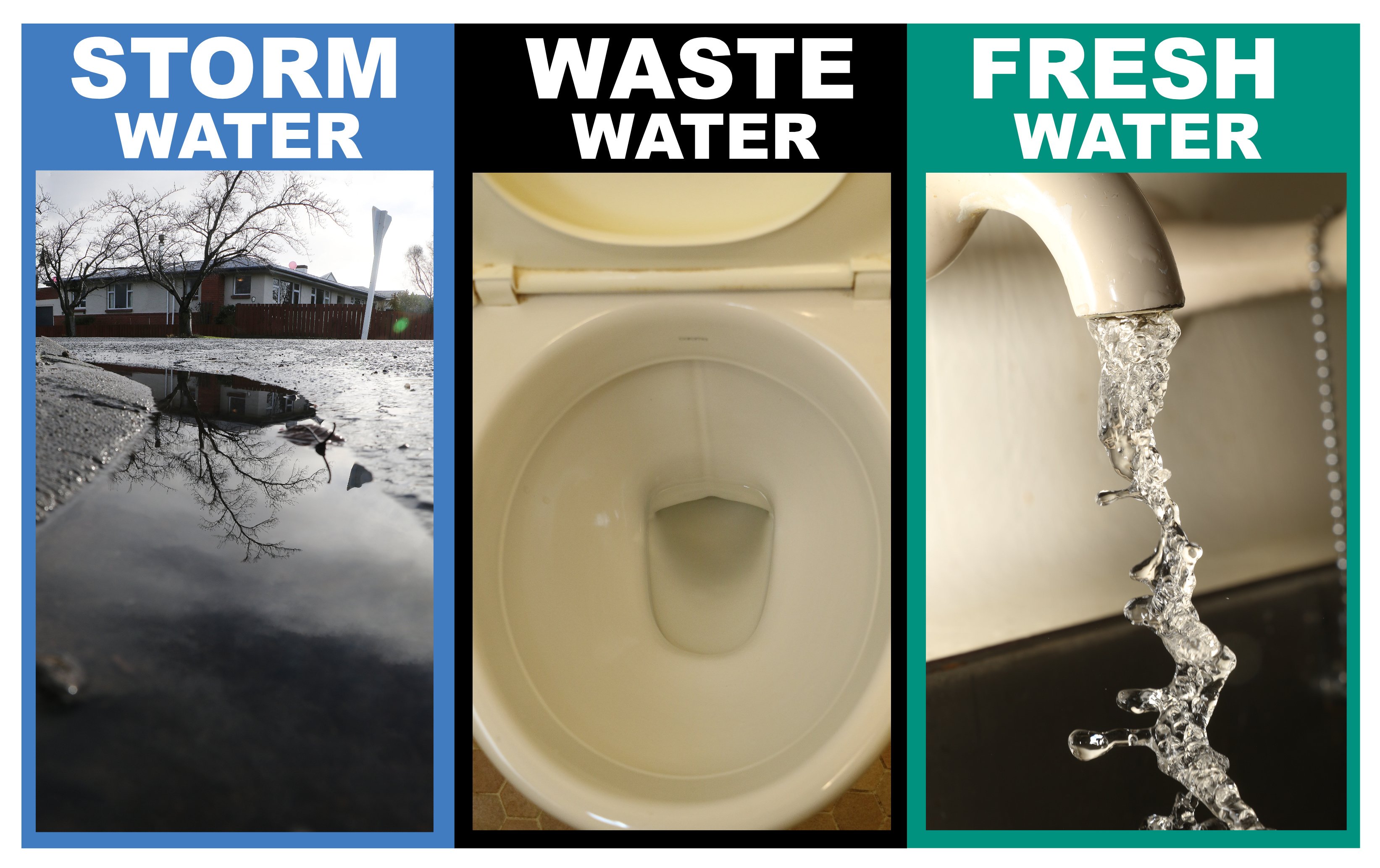
New national water regulator Taumata Arowai brought in the first phase of drinking water measures in July this year and a discussion document for the agency indicates much more is on the way.
The second year of a reporting programme that steps up over a three-year period is to come in next July.
This is the same time as the first phase of a three-year programme for wastewater is proposed to start, and this would also step up in years two and three.
Information collected by Taumata Arowai will be used to "shine a light on performance" and publication of results could "promote public understanding of how their local networks are operating", the agency has signalled.
"By comparing metrics such as leakage rates, the long-term reliability of water sources, overflows and asset condition, these reports will be a useful tool to understand how networks across the country are performing and transparency around where investment may be needed."
Consultation on the document is due to close on November 25.
The Government’s Three Waters reforms, including setting up regional entities to take over functions from councils, have been contentious, but the need for greater investment and better regulation has generally been accepted.
Councils, if they continue to be responsible for water and wastewater treatment plants after next year’s general election, are effectively on notice about the need to lift their game.
Taumata Arowai has suggested environmental performance reporting will be useful for network operators as an evidence base for investment decisions.
"Reporting will also help to build a clear picture of the state of New Zealand’s water assets.
"Over time, we will also set targets to improve network performance and drive better environmental outcomes."
Taumata Arowai intends the wastewater measures to apply, in the first instance, only where centralised treatment plants exist.
"We want to ensure that our focus remains on those networks which are likely to have the greatest environmental impact.
"We also want to ensure that the regulatory approach is proportionate to the risk posed by each network."












